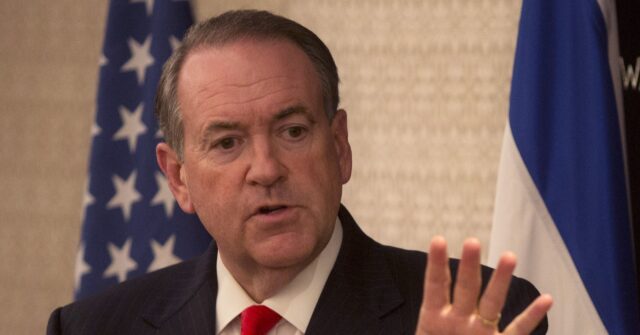In a contentious political climate, Democrats have focused their scrutiny on the religious beliefs of several nominees for high-level positions under President-elect Donald Trump. This scrutiny threatens to challenge the principles outlined in the U.S. Constitution, which explicitly forbids the imposition of religious tests for public office. Notable cases of this criticism include Pete Hegseth, Trump’s nominee for Secretary of Defense, whose tattoos, including a Jerusalem cross and a phrase linked to the Crusades, have drawn backlash for allegedly evoking far-right connotations. Additionally, Mike Huckabee, nominated as U.S. Ambassador to Israel, has faced significant criticism from Democratic senators for his strong religious views concerning the Jewish people’s entitlement to the Land of Israel.
The Constitution’s Article VI, Clause 3 emphasizes that no religious test shall be mandated as a qualification for any office or public trust in the United States. This clause highlights the foundational American principle of religious freedom and the separation of church and state, underscoring that an individual’s faith should not impede their capacity to serve in governmental roles. Historically, this constitutional provision has been tested during the confirmations of judicial nominees. Democratic senators have previously raised concerns regarding the religious convictions of conservative judicial nominees, particularly targeting those who are Catholic, a move that stirred fierce objections from Republicans, especially during the confirmation hearings of figures such as Supreme Court Justice Amy Coney Barrett.
Senator Lindsey Graham, a significant Republican figure, has voiced his support for the impartiality of judges regardless of their faith. During Justice Ketanji Brown Jackson’s confirmation hearing, Graham expressed the belief that a nominee’s religious affiliation and church attendance should not affect their ability to fulfill their judicial responsibilities fairly. His remarks reflect a broader concern among Republicans that the questioning of nominees’ faith could set a disturbing precedent, undermining the adherence to the Constitution’s prohibition of religious tests for public office.
The ongoing debates surrounding Trump’s nominees raise fundamental questions about the role of personal beliefs in public service. Critics of the Democrats’ approach argue that attacking nominees based on their religious views not only threatens the integrity of the confirmation process but also risks alienating voters who hold these beliefs. Moreover, the partisan nature of these attacks may further deepen the divisions within the political arena and set the stage for escalating confrontations in future nominations. The challenge posed by these religious critiques illustrates the complexities of navigating a pluralistic society while upholding the constitutional mandate that seeks to ensure equality and fairness in public service.
Furthermore, the focus on religious belief as a potential disqualification for office appears to contradict the ideals of diversity and inclusion that many Democrats advocate. This paradox raises further discussions on the balance between holding political figures accountable for their beliefs and ensuring that personal faith does not lead to discriminatory practices in governance. Observers of this unfolding situation are increasingly concerned that a trend of questioning candidates’ religious convictions could lead to a chilling effect on the willingness of qualified individuals to serve in government positions, particularly those who hold non-mainstream beliefs.
In conclusion, the challenges presented by the confirmation processes of Trump’s nominees highlight significant tensions within American politics regarding the intersection of faith and public service. As Democratic senators continue to pressure nominees on their religious affiliations, the conversation about the role of faith in governance becomes increasingly pertinent. The constitutional principle prohibiting religious tests is crucial not only to maintain a fair and effective government but also to uphold the values of pluralism and equality in American society. The implications of these actions could have lasting effects on future nominations and the broader political discourse, raising essential questions about how personal beliefs can coexist with public duties in a diverse nation.

